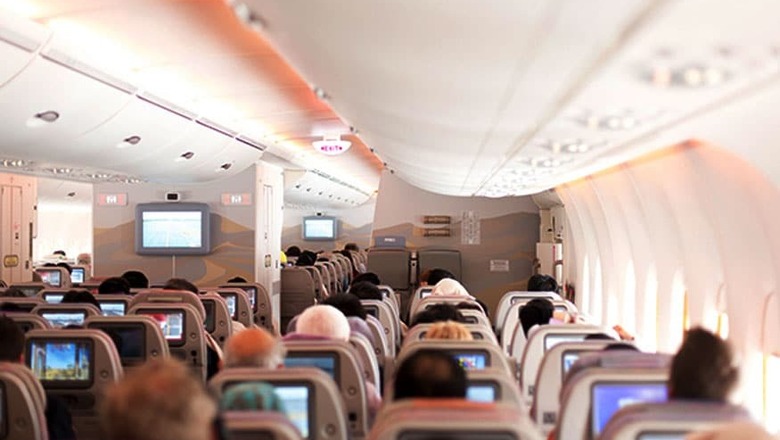
views
The coronavirus pandemic could spell "apocalypse" in the airline industry without urgent government aid, the global aviation association said Tuesday, warning that carriers could lose more than $250 billion in revenues this year alone.
The International Air Transport Association said its latest analysis showed that annual passenger revenues will fall by $252 billion if severe travel restrictions remain in place for three months. That would mark a 44-per cent drop compared to 2019 revenues, and is more than double the $113 billion drop previously predicted by IATA before countries around the world began introducing sweeping travel restrictions.
"It is the deepest crisis we ever had in our industry," IATA chief Alexandre de Juniac told reporters in a virtual briefing, calling on governments to quickly step up and provide desperately needed liquidity. "Airlines are fighting for survival in every corner of the world," he said in a statement, pointing out that "travel restrictions and evaporating demand mean that, aside from cargo, there is almost no passenger business."
"For airlines, it's apocalypse now. And there is a small and shrinking window for governments to provide a lifeline of financial support to prevent a liquidity crisis from shuttering the industry." IATA has not been shy about sounding the alarm in the crisis, and last week warned that up to $200 billion would be needed to rescue the world's airlines.
On Tuesday it said that while some governments were stepping up, it was still far from enough to cover the needs. "We need money," Juniac told reporters. He stressed that IATA fully supported government measures to slow the spread of COVID-19, which has now infected nearly 400,000 people worldwide and killed close to 17,000, according to an AFP tally based on official data.
"But we need them to understand that without urgent relief, many airlines will not be around to lead the recovery stage," he said. He pointed out that some 2.7 million airline jobs were at risk, with 24 times that number of jobs on the line down the travel and tourism value chain.




















Comments
0 comment